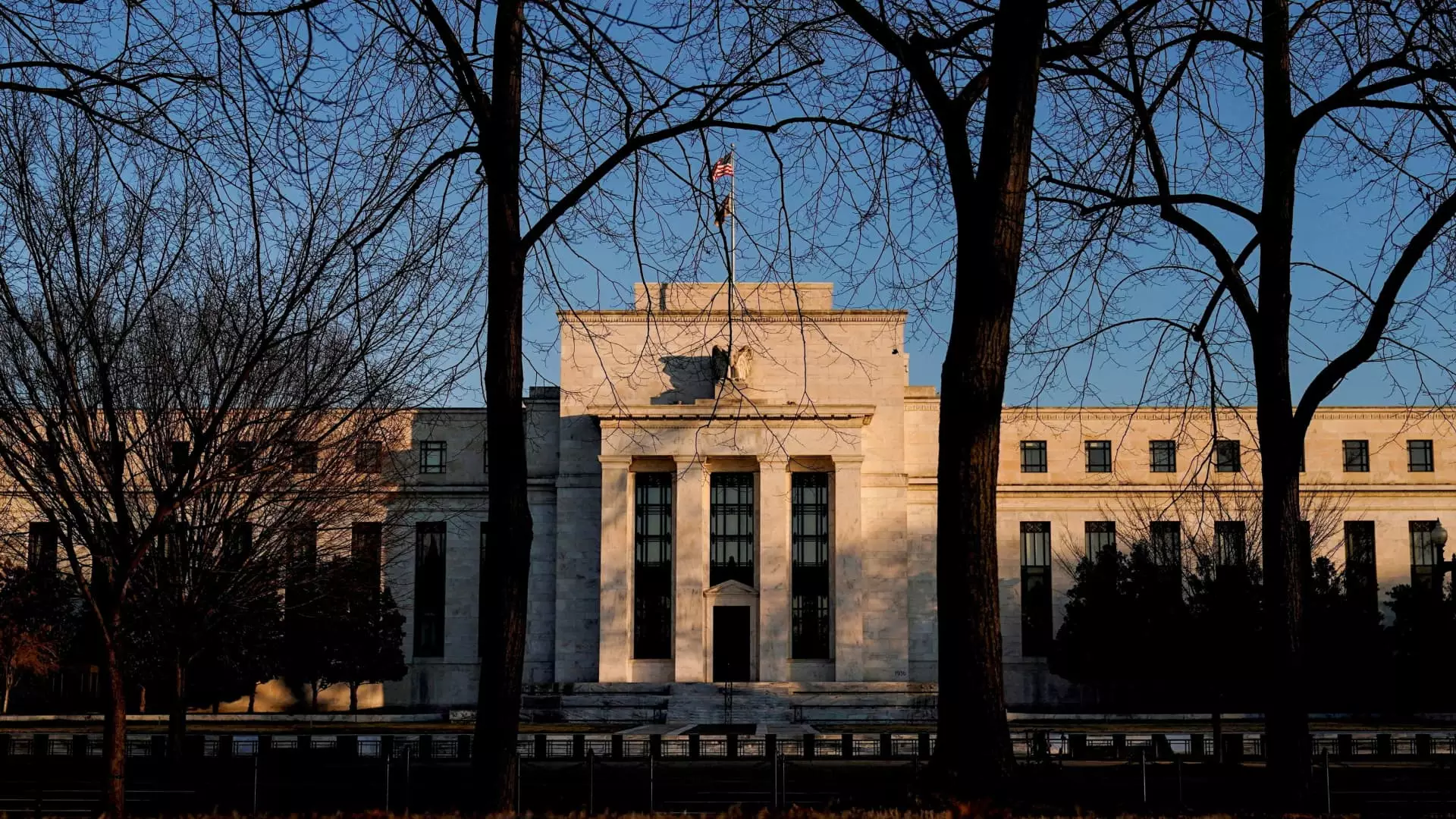The recent arrest of John Harold Rogers, a former senior advisor at the Federal Reserve, has shed light on troubling allegations of economic espionage linked to China. This case raises significant concerns regarding national security and the integrity of U.S. financial systems. It also prompts an examination of how insider knowledge can be weaponized in the global marketplace, particularly by foreign powers aiming to exploit American economic vulnerabilities.
Rogers stands accused of conspiring to share sensitive information that could potentially allow China to manipulate the U.S. financial markets in a manner akin to insider trading. According to the U.S. Attorney’s Office in Washington, D.C., this knowledge could grant China considerable advantages whenever it comes to U.S. economic policies or decisions, particularly regarding the federal funds rate. Such manipulations could result in significant financial advantages impacting U.S. securities and bond markets.
Allegations suggest that the breadth of the information Rogers shared extends to sensitive data sets, deliberations on tariffs specifically targeting China, and insights into Federal Open Market Committee (FOMC) communications. Given China’s substantial holding—approximately $816 billion—in U.S. government debt, the stakes in accessing and utilizing this information become all the more significant. The implications of such espionage activities could reverberate across markets and potentially undermine confidence in the U.S. financial infrastructure.
The co-conspirators reportedly involved in this espionage scheme are said to be connected to China’s intelligence and security apparatus, masquerading as students at a university in China. Rogers allegedly received various incentives from these individuals, including gifts and all-expenses-paid trips during which he could further discuss sensitive information under the guise of educational engagements. Such complexities highlight the intricate methods and tactics employed in foreign espionage efforts, particularly as they relate to the financial sector.
The case illustrates how former government officials with access to confidential information can become conduits for sensitive data, often through seemingly innocuous relationships. It raises questions about the effectiveness of current protocols and regulations to safeguard such sensitive information from being exploited by foreign entities.
Rogers faces up to 15 years in prison if convicted on charges of conspiracy to commit economic espionage and making false statements. After being arraigned, he was temporarily detained without bond. The arrest not only underscores the serious nature of the allegations but also exemplifies the legal ramifications that former officials could face should they breach the trust bestowed upon them.
An integral aspect of the indictment outlines how Rogers allegedly communicated confidential information via personal email and printed data to circumvent Federal Reserve policies. His actions not only violate established protocols but also highlight a systemic risk that could arise should similar breaches occur in the future.
The allegations against Rogers come amid broader national security concerns regarding China’s economic espionage practices. Comments from FBI officials suggest that the Chinese Communist Party has intensified its focus on undermining U.S. financial policies through elaborate espionage campaigns. This escalation necessitates a reassessment of the vigilance required in protecting economic secrets, especially at agencies that play crucial roles in maintaining financial stability.
Moreover, the timing of this case coincides with significant political tensions, including tariffs imposed by the U.S. on China and other nations. This context serves to amplify the perceived threats of economic manipulation and espionage during critical geopolitical negotiations.
As the legal proceedings unfold surrounding Rogers, agencies, and regulatory bodies must take this incident as a critical wake-up call. The Federal Reserve and similar institutions should examine existing protection mechanisms and address any vulnerabilities that may facilitate espionage. Increased training, stringent oversight of personnel with access to sensitive information, and a culture of accountability could help mitigate the risks of similar occurrences in the future.
Additionally, inter-agency cooperation in monitoring and responding to espionage threats will be paramount. A collaborative effort will enhance the sharing of intelligence across agencies and improve readiness against foreign threats targeting U.S. economic stability.
The case against John Harold Rogers reveals not only an alarming individual betrayal but also highlights broader challenges faced by the U.S. in safeguarding its economic secrets. As countries navigate complex international relationships, the need for robust protective measures against espionage is of utmost importance for sustaining national security and economic integrity.


Leave a Reply